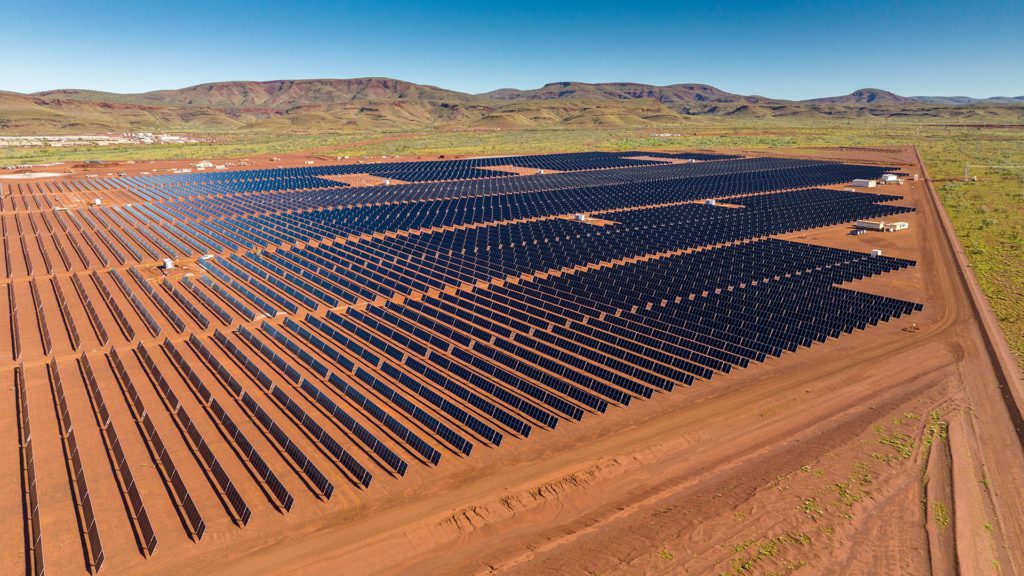Australia’s path toward net zero is clear — but industry commitment needed

Existing technologies will enable Australia to halve emissions by 2030 from 2020 levels, under a rapid decarbonization scenario led by a renewable electricity sector.
A new report by the country’s science agency CSIRO emphasizes that an accelerated transition is needed across the economy if the island nation is to meet the goal of net zero before 2050 and limit global warming to 1.5°C.
CSIRO’s Rapid Decarbonization scenario projects key milestones in 10-year timesteps that would set Australia on a path to net zero by 2050.
Using existing technologies, Australia can reduce emissions by 52% from 2020 levels by 2030. Beyond that, however, technologies currently in early development would need to be in widespread commercial use into the 2030s and 2040s, particularly to address hard-to-abate sectors.
The report notes that the investment costs will be substantial, and the role of the finance sector will be critical.
“Pressure is mounting for business to speed up its efforts towards net zero and lead the way for the rest of the country. How to move faster to deliver a cleaner, sustainable and stronger economy is the question on every business leader’s mind,” CSIRO’s executive director—environment, energy and resources, Peter Mayfield, said in a media statement.
“This work will help businesses find a rapid and achievable pathway to net zero appropriate to their sector—guiding investment to mitigate climate change, reinventing industries of old, and creating new jobs in emerging industries.”
CSIRO researchers applied to an Australian context the International Energy Agency’s global analysis of the technology, energy and investment needed to limit global warming to 1.5°C.
Modelling focused on the high emissions sectors of the economy to develop transition pathways across energy, transport, building and heavy industry, including steel, cement and aluminum alongside agriculture, the largest energy emitters in the economy.
With this focus, the Rapid Decarbonization scenario projects the national effort will be led by a renewable electricity sector:
- Renewable sources would need to triple by 2030 to reach 90% of the electricity generation mix. To achieve this, almost all new capacity installed in the next decade would need to come from wind, solar and hydropower supported by increased storage capacity.
- Rapid electricity sector decarbonization is projected to drive down emissions from energy use in housing and commercial buildings, followed by electrification in mining, and later in transport. This highlights the need for more renewable electricity sooner.
- By 2040, 73% of cars and light commercial vehicles on the road will be electric-powered. Decarbonization of long-distance and heavy transport accelerates through 2030–2040.
According to the report, lagging behind international decarbonization would be a competitive disadvantage for Australia as other nations increasingly adopt low-emissions technologies and trade barriers towards high-emitting nations.
{{ commodity.name }}
{{ post.title }}
{{ post.date }}




Comments